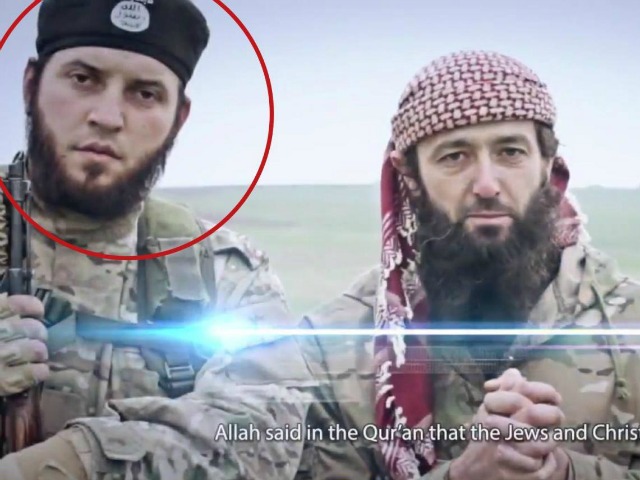By Haris Fazliu
While researching Bringing Down the Digital Caliphate – Breaking the ISIS Brand (under review), for the International Center for The Study of Violent Extremism, ICSVE, I discovered that convicted terrorists in Macedonia linked to ISIS continue to share propaganda online.
Jihadists currently serving sentences in Macedonian prisons freely use smartphones to watch videos, like photos and contribute to discussions related to ISIS.
Some of these individuals also threaten critics of ISIS and possibly use their abundant time to communicate with fellow ISIS supporters.
Social media platforms are ISIS’s most powerful tool in recruiting and spreading its ideology. Jails serve as hotbeds for Jihadi recruiters and Macedonia is no exception.
As the Macedonian government has securitised the issue of ISIS returnees, and it does not have a de-radicalisation strategy in place, Macedonian jails have the potential to become ISIS hubs. ISIS is skilled in creating propaganda materials, especially videos, which can be easily used to recruit inmates.
Six Facebook accounts that I have identified possibly belong to convicted ISIS recruiters, funders and participants.
Verifying whether the individuals behind the Facebook profiles are the same as those arrested in Operation Cell, a 2015 police crackdown on ISIS returnees, is difficult – but the names match.
Analysis of one of these profiles revealed an individual who commented on one of ICSVE’s videos countering the ISIS narrative the following: “May Allah give me a son and he will be just like the boys in the video, so he may kill and cut off heads in the name of the faith and Allah.”
In a different comment, he stated that he had been in ISIS, presumably in Syria, and had wanted to remain in the so-called Caliphate.
He had posted “selfies” in his cell. His friends’ comments also indicated that he was incarcerated – posts wished for his early release. I identified the five others through his friends’ group.
These findings raise an important question; what are Macedonian correctional facilities and the Ministry of Interior doing to combat radicalisation in jails?
Many experts in the field of Countering Violent Extremism, CVE, agree that not all returnees are defectors, but still believe in the ISIS ideology.
Macedonia does not have a national strategy for deradicalisation. As the US Department of State claims: “There were no significant efforts by the government to create strategic communication or counter narratives, and there were no programs to rehabilitate and reintegrate terrorists into mainstream society”.
The few local researchers working on CVE are hesitant to conduct or publish their research because of societal backlash. NGOs trying to work in communities at risk of radicalisation, to counter the rise of extremism, are alone in this battle. The government offers no training or financial support for this work. The most support for this field comes from Western countries.
The Macedonian government should encourage local NGOs to work in this field promising protection and full support in dealing with radicalisation. It should also invite international CVE experts to join local stakeholders in drafting an action plan against radicalisation and violent extremism.
Knowing that over 70 individuals have returned to Macedonia from the conflict zones in Syria and Iraq, the government should not underestimate the severity of this problem.
Haris Fazliu has a BA in Government and International Politics from George Mason University (GMU). He is currently contributing at the International Center for the Study of Violent Extremism on the ISIS Defectors Interviews Project.
This article was originally published on BalkanInsight.com on 14 July, 2017. Republished here with permission from the author.
